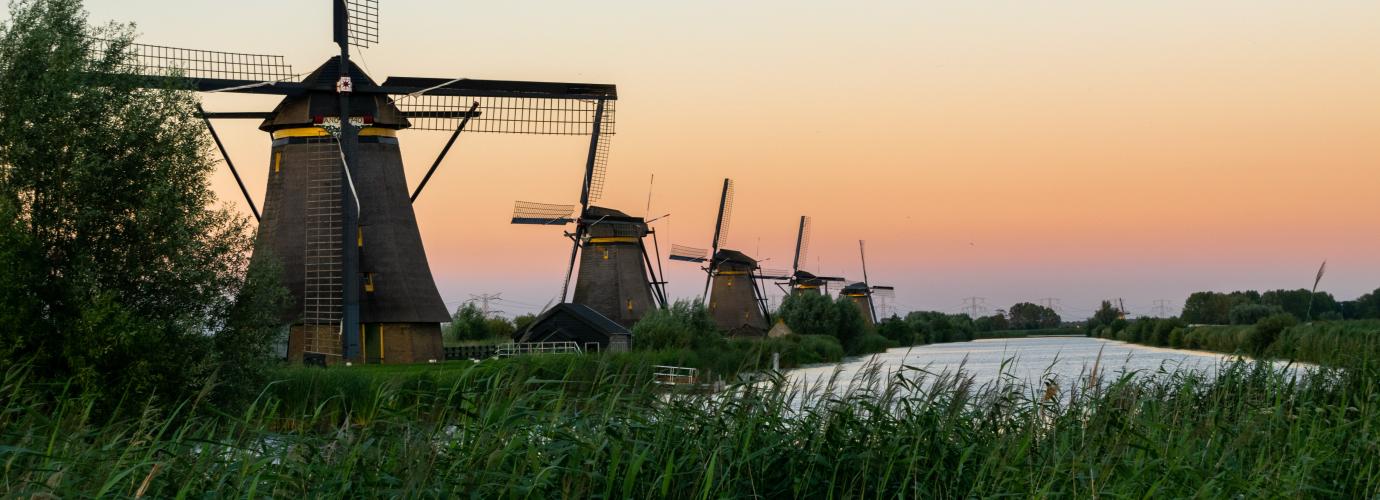Place guarantee
In the Netherlands there is no legal guarantee for a place at a childcare facility. Parents themselves choose a childcare organization.
Early childhood education (VVE)
In the Netherlands, early childhood education refers to the subsidized provision aimed at preventing and reducing educational disadvantages in children aged two to six years. On indication, children are eligible for this extra support. Children with (risk) of educational disadvantage who have a VVE indication are referred to as target group children. The criteria for this indication have not been determined nationally. Municipalities themselves determine which indication criteria they use for this.
There is no legal place guarantee for a place at a childcare organization that offers early childhood education. There is no legal obligation for children and parents to participate in VVE. However municipalities do have an bligation to provide early childhood education (VVE). They are required to provide a sufficient number of VVE facilities at childcare centres for target group children.
Municipalities are obliged to realize an offer of at least 960 hours of early childhood education for every child aged 2.5 - 4 who belongs to the target group. Depending on the number of weeks over which this offer is spread, it concerns an average of about 16 hours per week (with a 40-week offer). Municipalities make agreements with childcare organizations about the provision of VVE programs and the number of target group toddlers to be placed. The purpose of this is to ensure that target group children enter primary education more successfully. The ambition is that all parents of target group children are given the opportunity to make use of VVE.
In addition to the VVE providing obligation, municipalities have an obligation to make agreements with holders of child centres to promote and encourage participation in early childhood education.
Affordability
Childcare
The Dutch government reimburses a substantial portion of the cost of childcare. The childcare benefit is called kinderopvangtoeslag. Parents can apply for childcare benefit to cover part of their childcare costs via the Tax and Customs Administration.
The childcare benefit is meant to help pay for childcare costs for working or studying parents. It is calculated on an hourly basis. The precise amount of the benefit parents receive depends on their level of income, childcare expenses and the type of childcare. In 2022, the maximum hourly rate for day care is € 8,50. For outside-of-school care (buitenschoolse opvang), the maximum hourly rate is € 7,31. All childcare in the Netherlands needs to be approved and registered by the Ministry of Health. There is a national database of registered childcare (Landelijk registger kinderopvang). Every childcare facility in the National Register of Childcare, whether they are a daycare, an after school care facility, childminding agency or a childminder, has a unique registration number (registratienummer). Parents must use this registration number when applying for the childcare benefit.
Requirements for the childcare benefit:
- Parents are both working or studying.
- Parents have a contract with a registered childcare centre (kindercentrum) or childminder (gastouder).
- Parents pay (part) of the childcare costs.
- A valid residence or permit.
- Child is registered at the same address.
The full list of conditions and exceptions can be found here (in Dutch).
Early childhood education (VVE)
Early childhood education aimed at children aged 2,5 to 4 falls under the municipal authorities. When children have a VVE indication, the municipality generally pays a (large) part of the costs for early childhood education. Parents do pay a parental contribution. For parents who are not eligible to receive childcare benefit (kinderopvangtoeslag), this parental contribution is often calculated on the basis of income. The amount of the parental contribution differs per municipality, there are no national guidelines for this.
Early childhood educaion (VVE) aimed at 4- and 5-year-olds is offered at primary schools (basisscholen) . Participation is free of charge. The Dutch government funds primary, secondary, vocational and higher education in the Netherlands.

